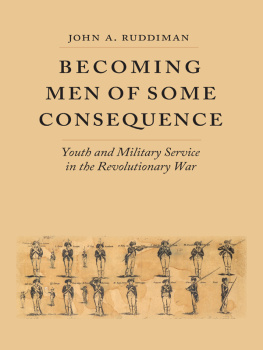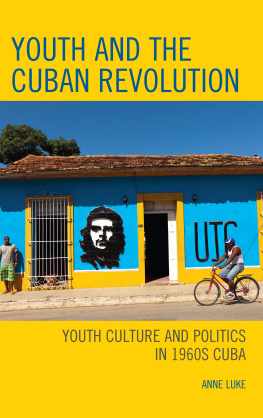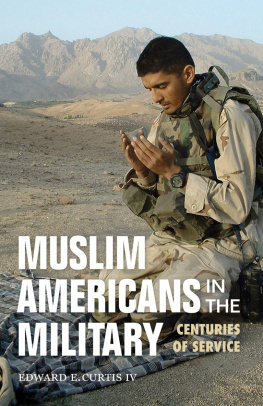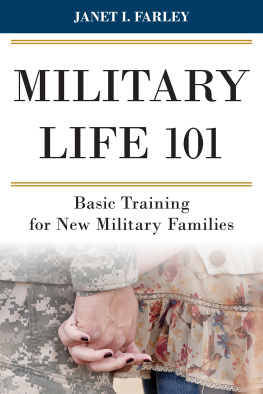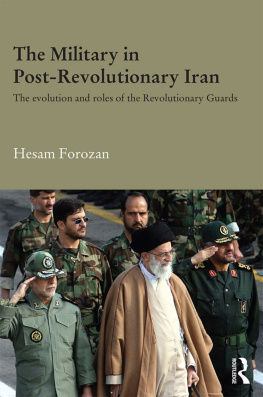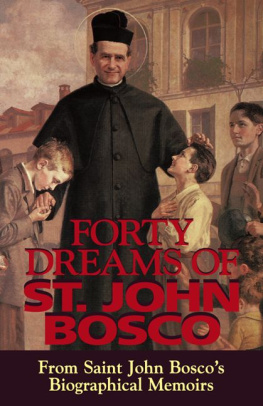Acknowledgments
I can hardly begin to count my debts of obligation and gratitude accumulated during this project. All shortcomings and errors are mine alone, and without the support of key institutions and assistance from my mentors, colleagues, friends, and family, I could not have done this work.
This project has carried me to a great many institutions, and I am pleased to thank their librarians and staff. Kathy Ludwig at the David Library of the American Revolution provided crucial early guidance. Conrad Wright of the Massachusetts Historical Society offered key advice at several stages of this project. Stephen Nonack of the Boston Athenaeum kindly encouraged my work. Linda Showalter of the Marietta College Special Collections provided crucial assistance from afar. Ellen Clark at the Library of the Society of the Cincinnati generously welcomed me into that remarkable archive. I also would like to thank the librarians of the American Antiquarian Society, the Historical Society of Pennsylvania, the Manuscript Division of the Library of Congress, the New-York Historical Society, the Library of the New York State Historical Association, the Phillips Library of the Peabody Essex Museum, the Rhode Island Historical Society, the Virginia Historical Society, and Manuscripts and Archives at Yale University. It was marvelous to explore their collections, and I thank them for permission to cite materials under their care.
Numerous institutions have generously supported my work. I am grateful to have received funding from the David Library of the American Revolution, the Society of the Cincinnati Fellowship at the Massachusetts Historical Society, the Mellon Fellowship at the Virginia Historical Society, the Washington College Research Fellowship at the Boston Athenaeum, a fellowship from the Library of the Society of the Cincinnati, the Salvatori Fellowship of the Intercollegiate Studies Institute, as well as a grant from the William C. Archie Fund and a valuable research leave from Wake Forest University.
Early America is a field rich with brilliant historians. I count myself lucky to have learned from their scholarship, example, and advice. Joanne Freeman has guided and encouraged me across this project. After George Washingtons death, Alexander Hamilton grudgingly admitted that the old man was an aegis very essential to me. I am proud to note that Joanne remains a mentor very essential to me. Her enthusiasm for the wonders of the archive continues to inspire me. My work in this book has benefited immensely from the counsel of Jon Butler and John Demos, as well as the insights and advice of Adam Arenson, Benjamin Carp, Caroline Cox, Kathleen DuVal, Holly Mayer, John McCurdy, John Murrin, Lindsay ONeill, and Wendy Warren. Thoughtful and challenging suggestions by Richard Holway of the University of Virginia Press and its anonymous readers also greatly improved this manuscript.
I am beyond fortunate that Wake Forest University has become my academic home. My students are enthusiastic and my colleagues wise and encouraging. In particular, I would like to thank Lisa Blee, Michele Gillespie, Michael Hughes, and Monique OConnell for reading drafts and offering advice, and Simone Caron, Robert Hellyer, Jeff Lerner, and Tony Parent for their counsel.
If I may spread my gratitude farther afield, allow me to offer thanks to Ben Waterhouse and Catherine Keyser, old friends, fellow teachers, and comrades-in-arms through many campaigns.
Finally, I thank my family. My sisters, Jillian and Jayne, have listened patiently to history stories their whole lives. My endlessly encouraging parents, John and Joan, have always supported our education and endeavors. At last, let me offer my gratitude to my wife Kate for her persistent questions, patience, and love.
Becoming Men of Some ConsequenceTowns and battles in Revolutionary America.
Introduction
They sought out the old fortune-telling woman in the wars fifth summer. Twenty-three-year-old Dr. Zuriel Waterman, his older brother George, and their younger friend Jonathan Rice had already seen their Rhode Island home become the seat of war, first with the British occupation of Newport in 1776, then in the ill-fated attempt to dislodge the kings forces in 1778. War had brought new opportunity and demands: after two months of medical instruction in 1777, Zuriel had entered the service of the armies of the United States, working for a brief spell as a surgeon in a New Hampshire regiment, then turning out again with the local militia in 1778. Yet life went on despite wars disruptions, and these young friends thought it would be a lark to get a sense of how their lives could unfold.
The fortune teller spoke about wives and war. Zuriel described her as an old fat woman, about fifty or sixty years old, and naturally very sagacious, [and] enquiring about people. He painstakingly recorded her predictions in his journal, revealing both the gist of their questions and the fortune tellers intuition about the expectations of these young men. George, she said, was to have 2 Wifes & 6 Children, to be married in 3 years, to have very good fortune in the latter part of his days. She also sensed he had many private enemys, and she describd one to him very right. She told young Jonathan Rice he would have very good luck as he enterd his 21st year, enjoy very good luck upon the water, marry in three years, and share his life with 1 Wife & 6 children. As for Zuriel, he was to have 2 Wifes if not 3; [with] 4 or 5 children. Not only did he have but few enemies, Zuriel recorded, he would have very good luck in a little time [and] to have every thing to my wish & be settled down when I am 27 years old. Zuriel also noted the old womans assurance that I have seen the girl I am to havea tall lass, slender and fair, merry and sociable& will see her again fore long. She further told me that I should have good luck upon the water in a little Voyage, or a privateering but not to go on long voyages or continue going to sea. She anticipated that Zuriel Waterman would be as good as his name and have an offer to go a privateering in 3 weeks, or 3 days; or in 2 weeks or 2 days. Indeed, the following month Zuriel sailed on the privateer sloop Industry out of Pawtuxet.
These predictionsand Zuriel Watermans detailed record of themsuggest the path of these young mens thoughts and the expectations society held for them. First, the men looked to their domestic futures for glimpses of a respectable manhood fulfilled by marriage and children. Predictions about merry and sociable mates were certainly welcome, but more importantly, these fortunes offered the young men tactical advice on how to advance in life. They craved secret information about their standing in the community and sought any tips about hidden enemies who could undermine their reputations or block their advancement. Most importantly, no matter however lightheartedly they asked, they sought guidance about whether military service might lead them safely to prosperity and respectability. As young men in their early twenties, Zuriel, George, and Jonathan sought the resources and relationships that marked the transition to the next stage of their lives. To achieve those goals they were ready to balance the opportunities and dangers of war with delicacy and some nerve.1



